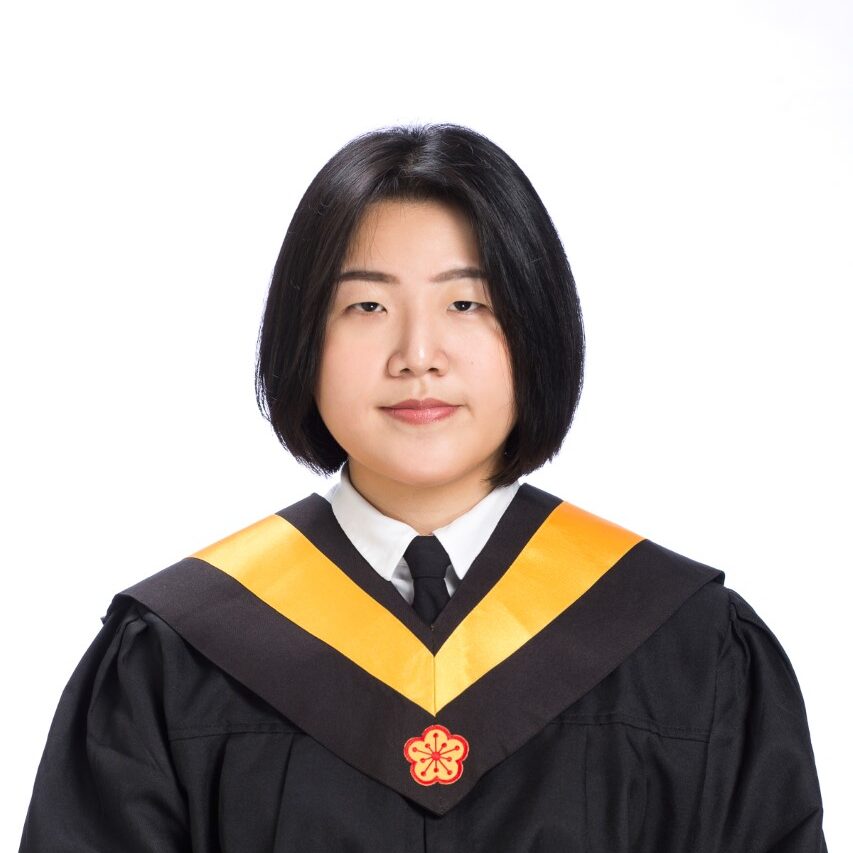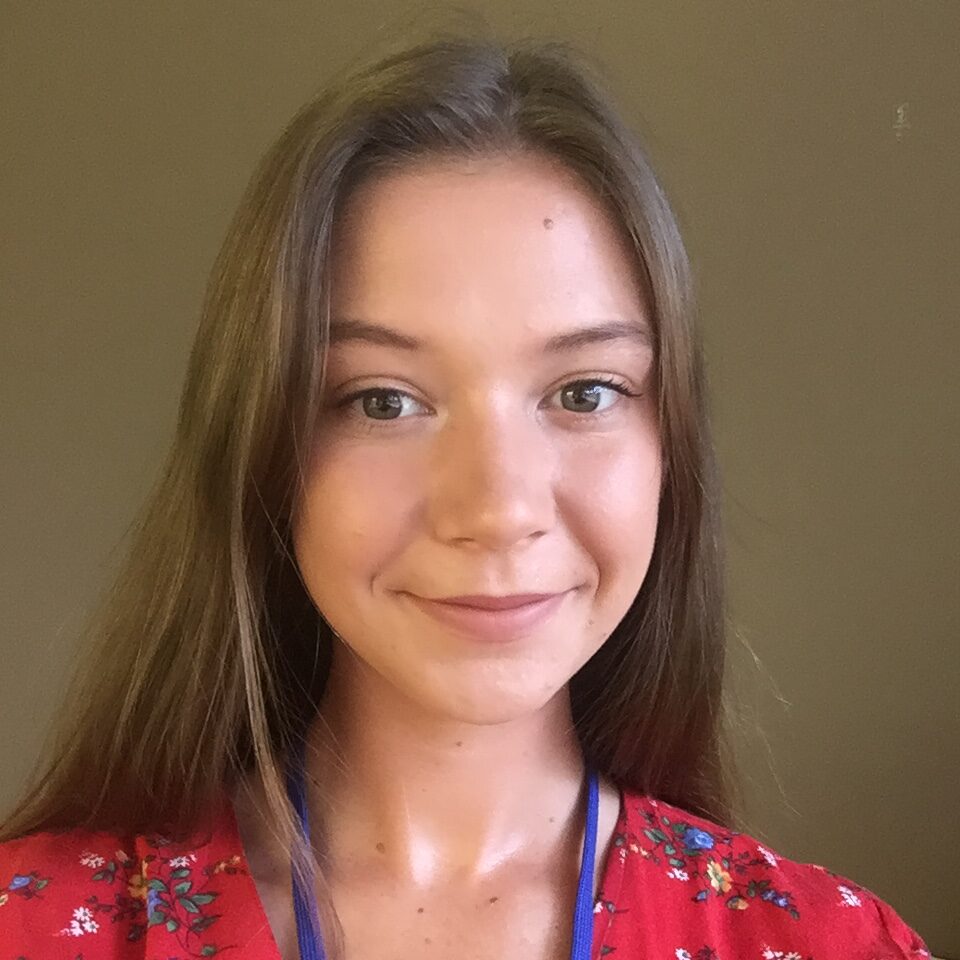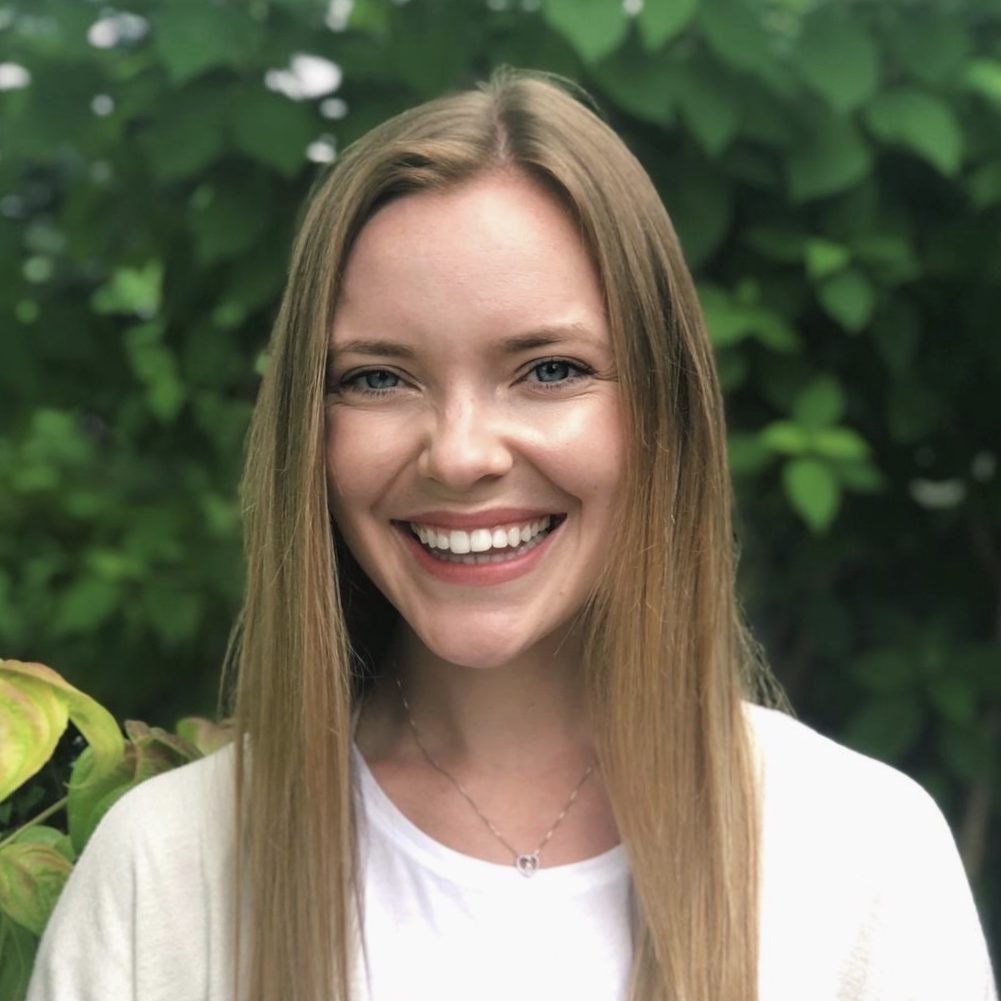Written by Felicia Chu, Clare Hobden, and Lexi Ewing, Global Student Working Group Members
The Postsecondary Student Mental Health Summer Research Institute was hosted on June 13 – 15, 2023 in Toronto, Canada. The three-day Research Institute brought together students, staff, and faculty from The University of Sydney, King’s College London, National Taiwan University, and the University of Toronto to focus on research and knowledge mobilization opportunities in student mental health research.
Postsecondary students were heavily involved in all aspects of the Summer Research Institute, from supporting the planning to hosting the three-day event. The Global Student Working Group helped determine the structure of the institute, including the length, location, session topics, and evening activities. From there, we contributed to curating content and materials for specific sessions that we were most interested in. This allowed us to dive deeper into areas of interest while also ensuring that student perspectives were included in all content presented at the Research Institute. During the Research Institute, some students were involved as Event Hosts, facilitating the schedule, introducing the sessions, and providing opening and closing statements. Other students presented or participated in sessions in a variety of different formats, from presenting content, leading discussions, and consolidating ideas shared by the group.
What were your biggest takeaways from the Summer Research Institute?
Our first takeaway was the importance of collaborations across partner institutions and students, staff, and faculty. All attendees shared valuable insights and experiences throughout the Research Institute, and it was evident that together our work was stronger. For example, for the final activity of the Research Institute, attendees formed small groups to create a research project pitch that addressed a key research priority in postsecondary student mental health. The project pitches were then shared back to the larger group and were meant to spark ideas for collaboration and to identify shared interests for future partnerships among attendees. It was incredible to participate in the small group discussions and to see the final presentations; both highlighted the quality of output that can result when a diverse group of passionate researchers coming together with a common goal.
Our second takeaway was how complex the mental health field can be. The unique characteristics of postsecondary student populations and their context can paint completely different landscapes of mental health, highlighting the need to value diverse perspectives in mental health research. What a faculty member emphasizes when discussing student mental health can be very different to that of a staff member or a student; this also extends to differences across institutions, faculties, and programs. What is most important is that all perspectives are valued and recognized when making decisions related to the project. Acknowledging that we all come from a different standpoint can lead to respect and empathy that creates a safe and open space for consolidating ideas, generating solutions, and encouraging action – as well as mutual support in the long run.
How will your experience at the Summer Research Institute shape your interests and priorities going forward in this work?
We departed the event feeling empowered as researchers and confident in our ability to make an impact. Faculty and staff largely contributed to this sense of empowerment, as they valued and respected what we had to say and recognized our ideas as critical to discussions. They often opened the floor to us, listened attentively, asked questions, and helped us to articulate our ideas more clearly. Additionally, the Research Institute afforded us with a clearer understanding of how research can positively shape students’ experiences in postsecondary settings – specifically when all relevant groups are meaningfully involved.
How will your experience at the Summer Research Institute help to shape how student mental health research happens at your institution and for global communities?
The Research Institute sparked conversations among students, staff, and faculty about prioritizing mental health research further in our institutions and communities. We all departed the Institute with a shared understanding of the importance of continually engaging students in mental health research on a global level. The Research Institute also emphasized the need to acknowledge that much of the current work on student mental health is euro-centric, and that the experience of students outside of Westernized societies may be very different. As such, we will continue to advocate for research to include a broad representation of students from across the globe to identify students’ unique needs and experiences. Across various activities throughout the Summer Research Institute, it became evident that when a diverse group of individuals who share a common passion come together, real change can be made.

Felicia Chu
Felicia Chu is a master’s student from the Department of Psychology, National Taiwan University. Specializing in organization behavior and social emotion, She finds importance in facilitating mental health through emotion recognition and emotion regulation. She also puts value on the utility of psychology research – that research should benefit the general public. Felicia’s current research involves understanding the effects of individual emotion and social emotion recognition in workplace contexts, and how this understanding can facilitate interpersonal relationships in workplace contexts.

Clare Hobden
Clare Hobden is completing her Honours in Psychology at the University of Sydney and is currently writing her honours thesis on improving consent processes for cancer patients undergoing genomic sequencing. She is very passionate about youth mental health and has previously worked with Black Dog Institute and the University of New South Wales on a study aiming to identify young people’s risk factors to developing Bipolar Disorder.


